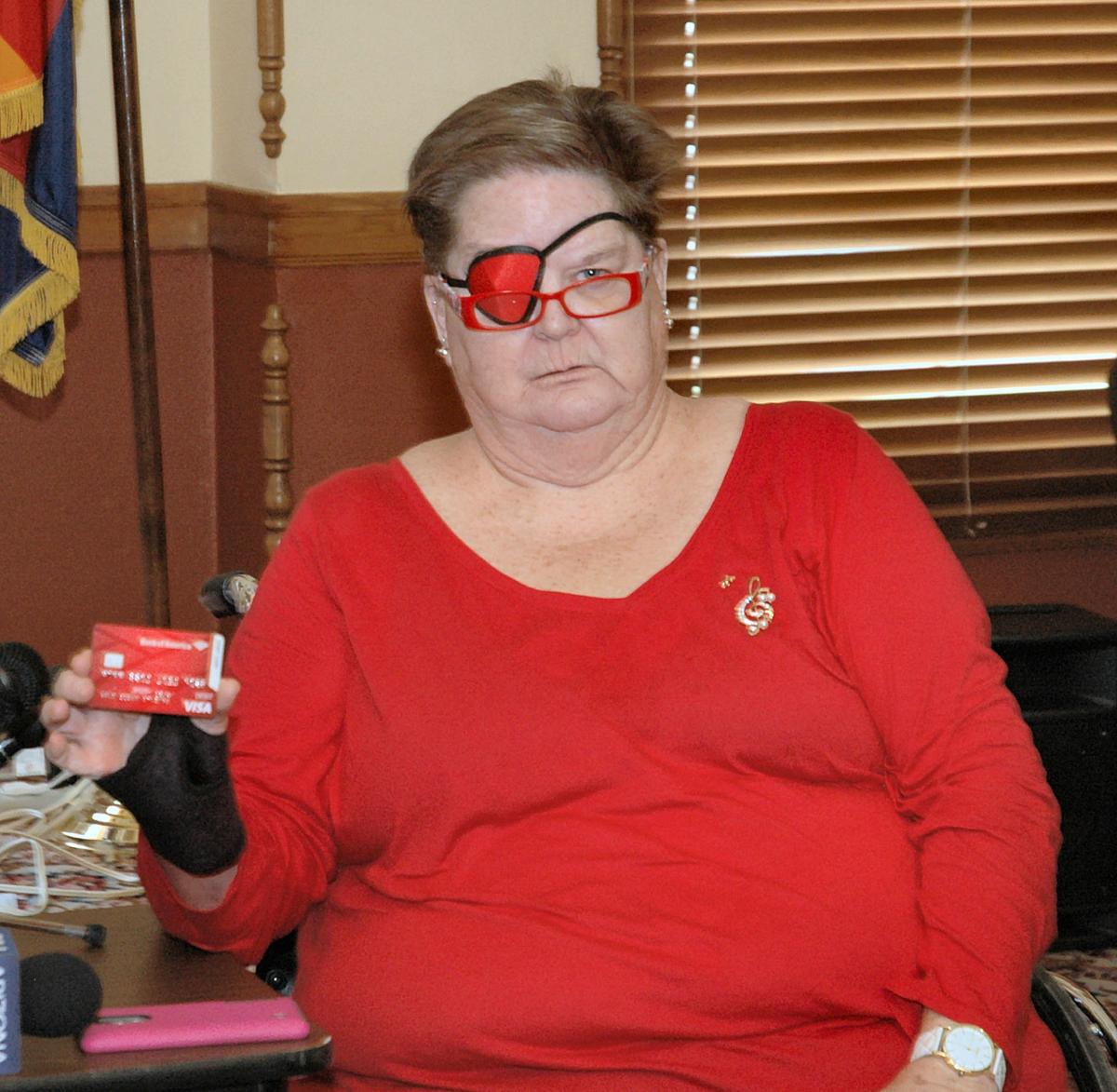PHOENIX — A major national bank has agreed to stop charging debit card fees to newly discharged Arizona prison inmates that it does not charge to others.
In a deal unveiled Tuesday, Bank of America will no longer require the inmates, who get the cards with their account balances from the state on their release, to pay $15 just to ask a teller how much they have left in their account. Gale Zylstra, released after 20 years after being convicted of second-degree murder, said the situation was even worse, with the bank charging the fee even when a teller could not tell her how much was on the card.
And there were other disparities.
For example, each withdrawal, even from a Bank of America automated teller, costs former inmates $1.50, a fee not charged to other customers.
Calling the bank for information cost $2.50; regular customers, according to the lawsuit, get one free call a month, with additional ones at a rate of $1.50.
Two advocacy groups, Reinventing Reentry and the Arizona Justice Alliance, filed a class-action lawsuit on behalf of Zylstra and two other former inmates. Now the bank has agreed not only to stop the special charges but to refund more than $168,000 it has collected since 2012.
The bank also will pay about $117,000 in legal fees.
In agreeing to the deal, the bank is not admitting it did anything wrong.
“This was a standard pre-paid card program with transparent terms,” said bank spokesman Will Wilson. “We believe that resolving the matter is in the best interests of everyone involved.”
Zylstra had a different take on the issue.
“I think it was wrong for the bank to take advantage of people coming out of prison,” she said.
The issue stems from the fact that when inmates are released, they have money in their personal accounts. That includes what they earned behind bars and any funds that friends and relatives have put into those accounts for things like buying items.
Department of Corrections spokesman Andrew Wilder said his agency used to issue checks to newly released inmates. He said many found these difficult to cash or found that check-cashing services had “significant fees.”
“And cash is burdensome for the agency, and an inappropriate method to provide release funds for a number of reasons, not the least of which it represents a security risk to the agency,” Wilder said.
He said the decision was made to put each inmate’s balance onto a pre-paid debit card.
The lawsuit did not name the Department of Corrections.
Dianne Post with the Arizona Justice Alliance said the decision was made by attorneys that it would be far easier — and far more likely successful — to simply sue the bank to both get a refund and block the practice in the future.
But Post, at a Tuesday press conference, questioned why the state would ever consent to such an arrangement that financially penalized people just as they were getting out of prison — and just as they were the most financially vulnerable.
Wilder, however, said each inmate receives “a clear, detailed fee sheet, written in English and Spanish.”
The settlement by Bank of America may provide only temporary relief for inmates.
Wilder said the state is due to seek new proposals from financial institutions in 2018, saying that a new contract may lead to “a different and perhaps more favorable fee schedule.” But Post said if the new contract calls for fees different than what a bank charges for other debit card customers, her organization will be back in court with a new lawsuit.





